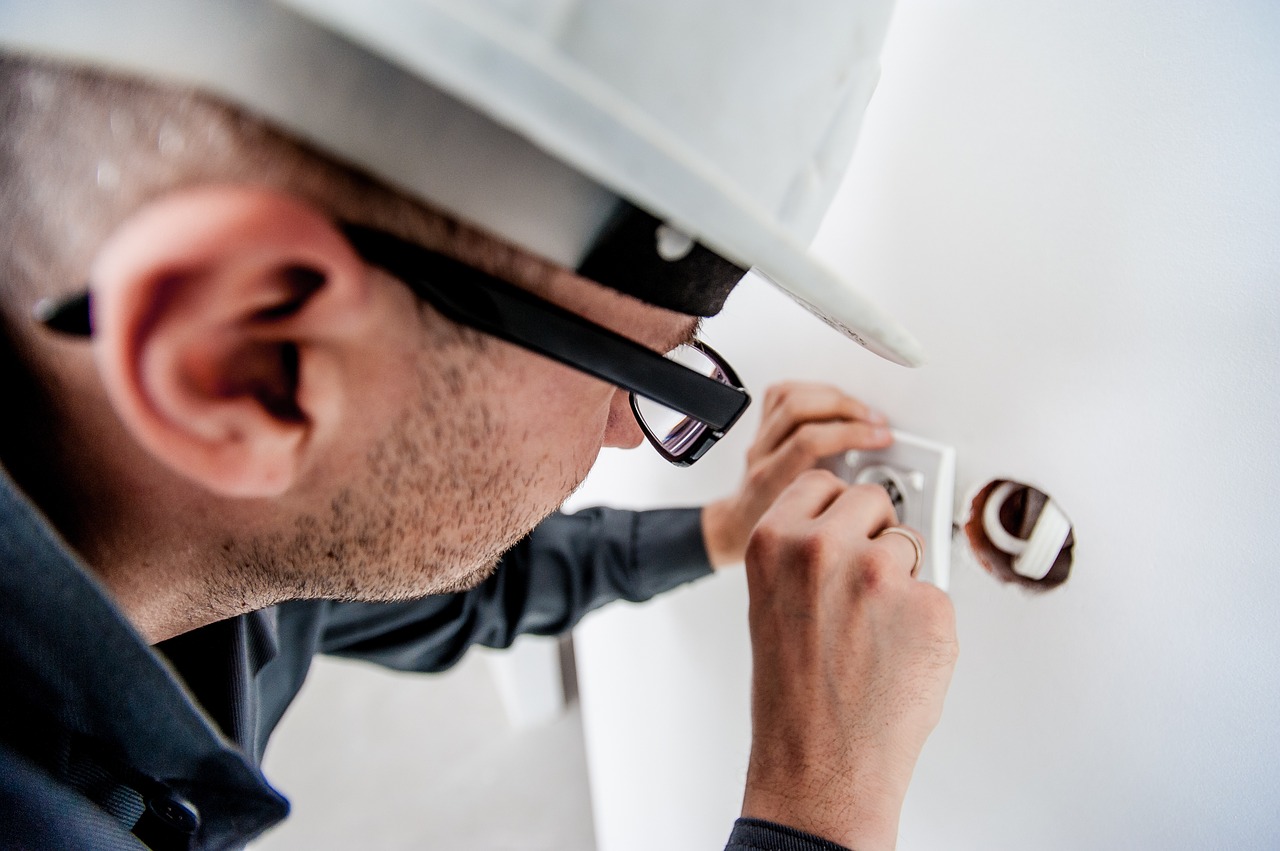An electrician possesses a specialized set of skills that allow them to work quickly and safely in a variety of environments. Those who take up this trade have the potential to earn a profitable living, as long as they are prepared to hone their skills and become an electrical expert.
The average person often doesn’t consider how much work and training goes into becoming an electrician when they call one for help. Connect Electric knows that education is essential to becoming an expert. We want to help everyone understand why it’s so important to hire a licensed electrician who will do the job correctly.
Table of Contents
It Starts with a High School Diploma or Equivalent
If you are interested in becoming an electrician, you need to have your high school diploma or equivalent. This requirement lays the foundation for your future education. You cannot enroll at a trade school without one or the other.
Students who are still in high school should consider taking Algebra and trigonometry courses because electricians often use math. Other valuable classes include a shop, mechanical drawing, and physics.
Joining a Trade School or Vocational College
Next, the student can move on to a trade school or vocational college for pre-apprenticeship training. This step isn’t necessarily a requirement, but it will give you a leg up on the competition when you apply for your apprenticeship. You’ll also gain valuable knowledge and, in some cases, hands-on experience.
Applying for an Electrician Apprenticeship
You must work as an apprentice before you can apply to become a trainee in some U.S. states. You can visit the Department of Labor or check local classified ads to find apprenticeship openings.
You will be required to pass a basic aptitude test as part of the application process. This typically covers first-year algebra, reading comprehension, and other preliminary subjects. Many potential employers recommend getting basic electrical training before attempting to apply.
Once you pass the test and prove you are eligible, you may be taken on as an apprentice or trainee. You should also check the requirements in your state because some may charge a small fee when registering.
Successfully Completing Apprenticeship
The apprenticeship is where you really move into your vocation. This will include online and/or in-person classes as well as on-the-job training. You’ll delve into more complex activities and grow your skillset. You will work with a mentor and under a supervisor who is a master or journeyman electrician.
Your training will include installing and repairing electrical wiring, fixtures, and distribution equipment. You’ll also learn how to read construction blueprints and technical diagrams and learn how to work to National Electric code standards.
Earning a License or Certification
Once you meet your state’s requirements to become a fully licensed electrician, you can apply for certification. Some places do not issue licenses but require you to pass an exam proving your ability.
If you are committed and adept, you can train in as little as nine months through a trade program. However, most people take between five and six years to become a journeyman electrician. That includes a vocational program and approximately four to five years of apprenticing.
If you are looking for an electrician, make sure you choose a professional who is tested and licensed. Connect Electric can help you learn more about hiring an expert for your project.

Alex is fascinated with “understanding” people. It’s actually what drives everything he does. He believes in a thoughtful exploration of how you shape your thoughts, experience of the world.



